Common Camping Injuries and How to Avoid Them
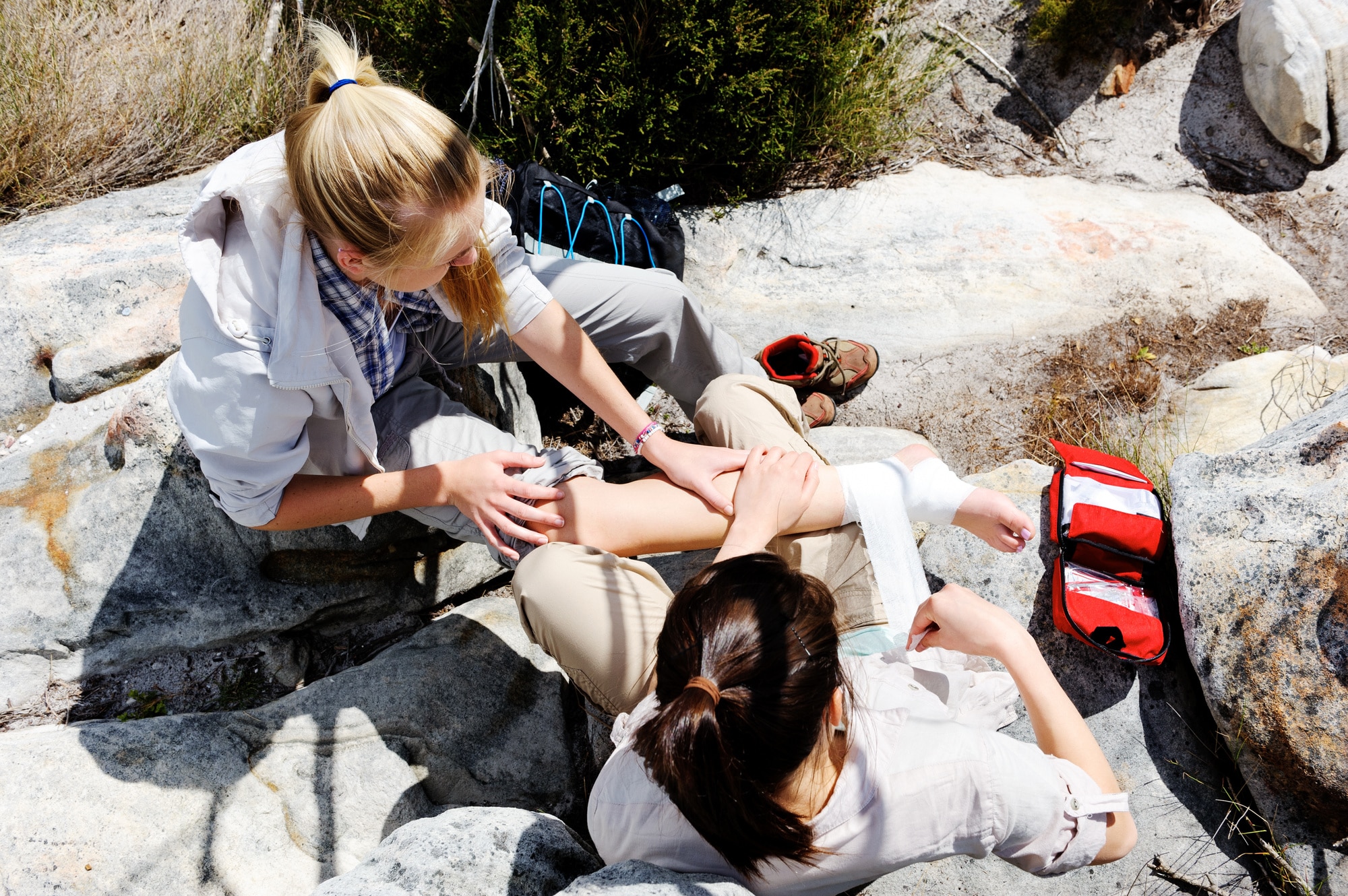 If you have a complete backpacking checklist, do not think that you are fully prepared. it’s also important to have the skills and knowledge to handle simple, common camping injuries. So that you can enjoy your whole trip perfectly. bring a cell phone or radio if you're planning on being very far from possible medical attention. In this article, you can learn the most common injuries in camping and tips to avoid them.
If you have a complete backpacking checklist, do not think that you are fully prepared. it’s also important to have the skills and knowledge to handle simple, common camping injuries. So that you can enjoy your whole trip perfectly. bring a cell phone or radio if you're planning on being very far from possible medical attention. In this article, you can learn the most common injuries in camping and tips to avoid them.
Common injuries

Infections and wounds
In camping, there may happen some shorts of hazards that lead to cuts, scrapes and puncture wounds because of sharp tools, rough surfaces, and jagged edges. So you have to learn how to treat a serious wound and prevent it from getting infected.
Weather-related injuries

There might happen some injuries which are weather-related. Such as sunburn, frostbite, heatstroke, etc.
Burns
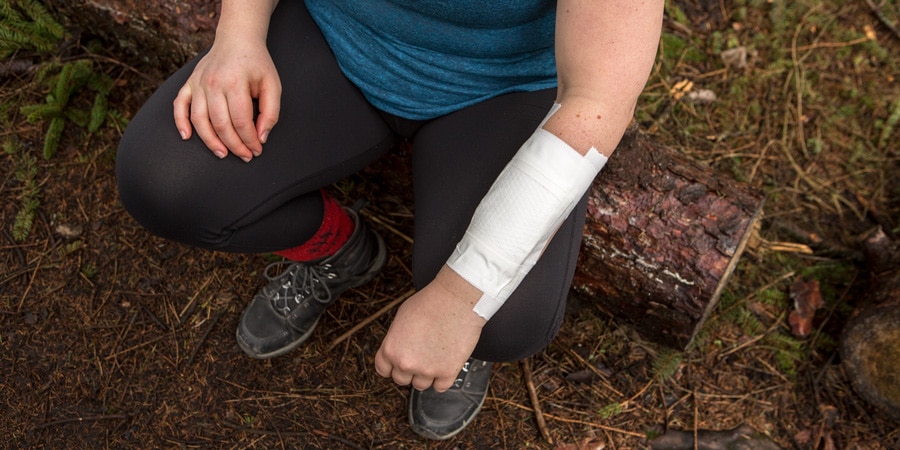
In camping, you have to do lots of work with fire. Like, boiling water and hot pots, cooking or lighting. Chopping wood, loose nails, sharp rocks can cause some painful lesions too.
Plant induced

Do not think that poison ivy is not an injury. It can cause many harmful effects if your camp is near poison ivy. The smoke of those leaves can harm your lungs. If it touches your body, you may get an itchy rash. It will be an unpleasant experience for you. But don't worry. There will be a lot of poisonous plants, but most of them are dangerous if you inhale it.
Water-related injuries

You may get stomach pain or other issues if you drink lakes, rivers or ponds water without making it pure.
Ankle and knee injuries
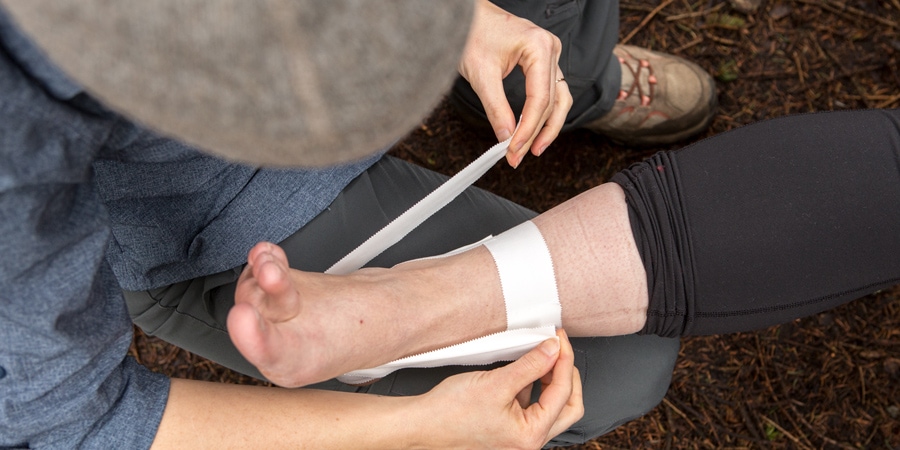
You can get knees and ankle injuries from a bad step on steep or uneven terrain. Which can give a serious impact on your hiking ability?
Animal or bug bites

Keep in mind that not every creature is your friend. You may face a lot of wildlife of bug bites on your trip.
Blisters

A blister may happen when thick skin, like palms or feet, is rubbed from warm or sweaty boots.
Dehydration
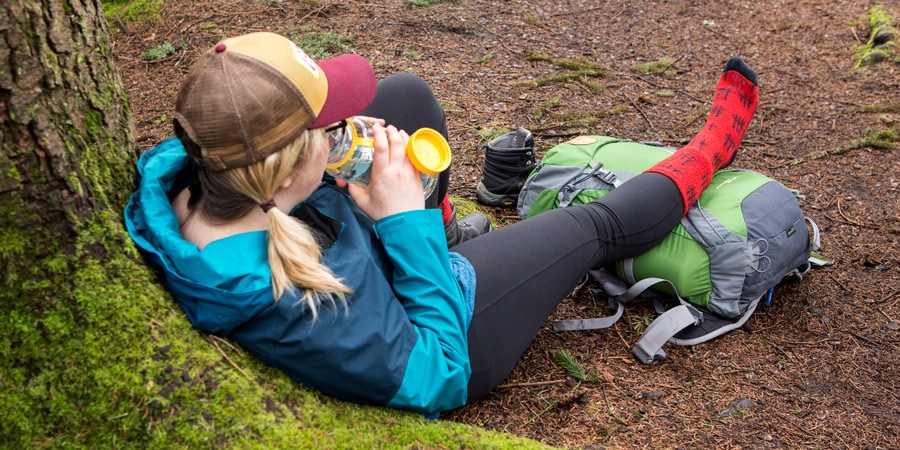
People often drink less water in hiking but it is very dangerous for them. It may cause dehydration. Dry lips and mild thrust, lead to fatigue sore joint, frustration, heatstroke in hiking can make your whole trip worst.
Shock
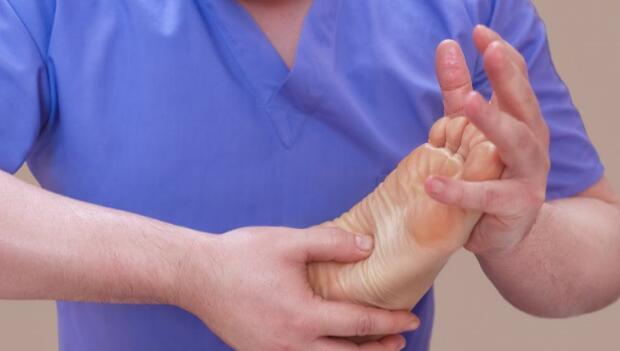
Your body may face a sudden drop in blood pressure. It is a common cause of trauma or bleeding in your hiking.
How to avoid injuries

If you follow some steps while hiking, you can avoid major injuries like
-
Control bleeding
Always put on gloves before touching someone's blood. Bleeding can be stopped if you give direct pressure onto the wound, or you can make a pressure bandage.
-
Prevent infection
If you want to prevent infection the first step will have to wash the wound at least half liter of clean water. Put out large pieces of dirt carefully with tweezers. Then cover it with antibiotic ointment and wrap it with clean gauze.
-
Prevent burning
The first step for treating any burn is soaking the affected area in cold, clean water immediately. Then cover the burning area with antibiotic ointment and clean gauze. It's also important to keep the patient warm and well hydrated.
-
Prevent knee and ankle injuries
First, you have to take rest for sometimes. Use an ice pack to reduce swelling. Inert the limb using medical tape and splint. To increase blood flow, keep it squatted.
-
Wildlife bites
Learn the common pests in the area you will be camping in. Bring insect repellent for mosquitos and ticks. Learn what to do for encounter If you see any bears, wolfs or other dangerous animals. Keep an emergency kit for snake and spider bites.
-
Skin condition
Wash out the rashes area with clean water. Keep an anti-itch cream with you. If you have an allergic reaction. Take prescribed medicine.
-
Prevent blister
To prevent blisters carefully and slowly drain it, then treat it like a major wound. Wash the blister area with water.
Always drink plenty of water when you are on a trip. Because if you are not peeing every 4-5 hours on the trail. You are dehydrated. If your camp partner got shocked, keep the person calm, loosen his tight clothing for air circulation. And keep them hydrated.